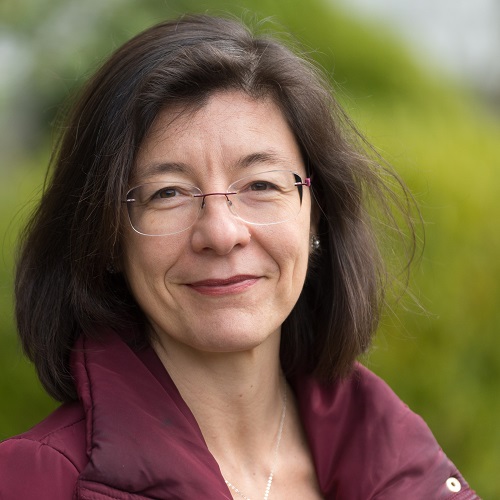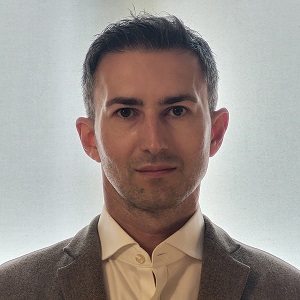The aim of this section is to increase and spread knowledge on ethnic differences in health and health care, on explanations for these differences, on interventions that aim to tackle these differences. Furthermore, the section aims at setting methodological standards for European countries to identify ethnic groups to promote exchange of information and provide a basis for comparative studies. Next to these academic aims, the section aims at increasing political attention at national and European levels for consequences of migration for health and health care.
This section’s priorities are to:
- Build a network of health professionals on migration and health from a public health perspective.
Increase the knowledge on differences in health problems, use and quality of health care services and on interventions to tackle these differences.
Discuss conceptual and methodological issues regarding ethnic differences in health and health care
Develop strategies to influence national and European policy makers and politicians to increase attention for ethnic health and health care differences.
Initiate and further use of standard identification methods and data collection procedures.
Every two years, the section organises an international conference on migrant and ethnic minority health. The section organises at least one workshop on conceptual and/or methodological issues at the annual European Public Health (EPH) Conference. Next to these conference activities, the section encourages its members to actively engage in national and international workshops and to publish articles in the European Journal of Public Health.





